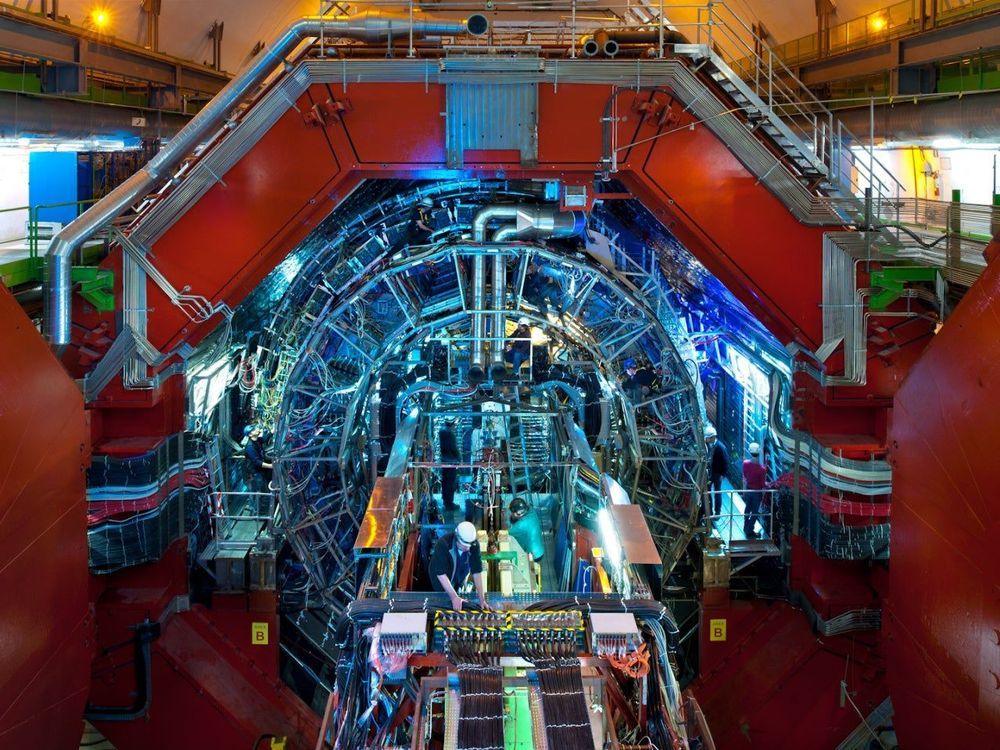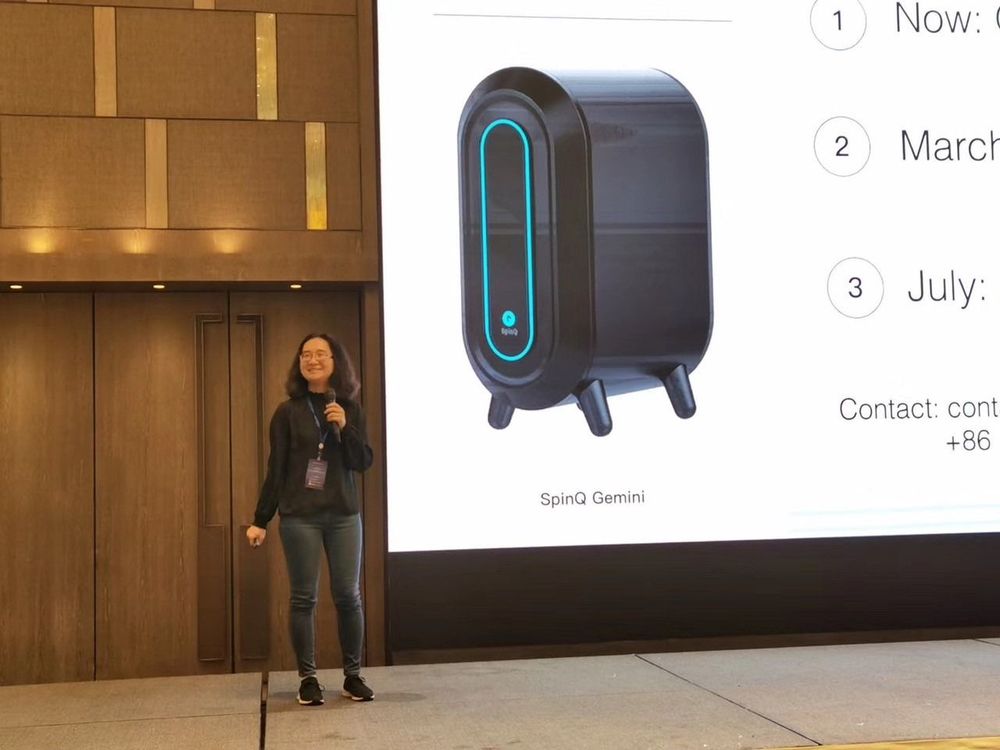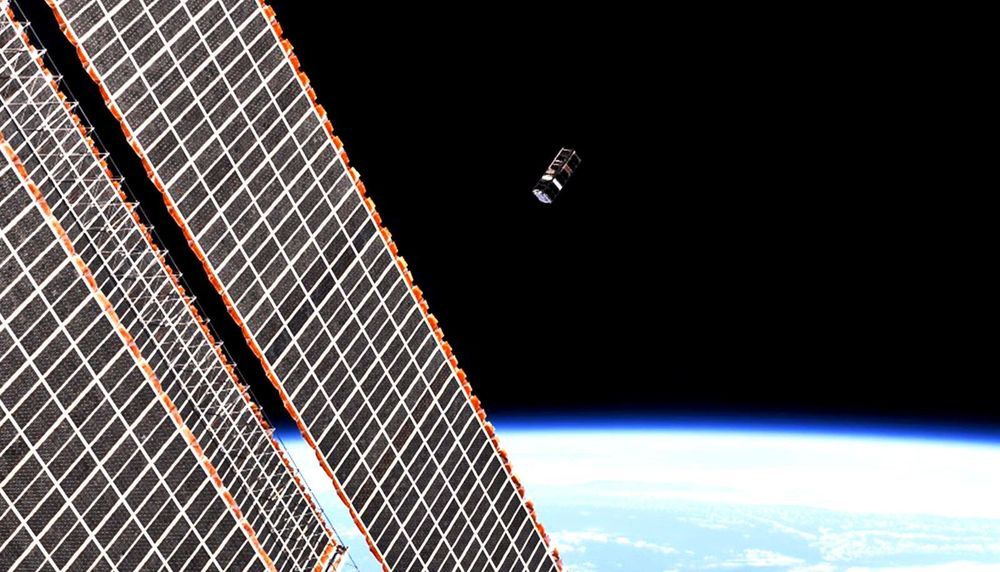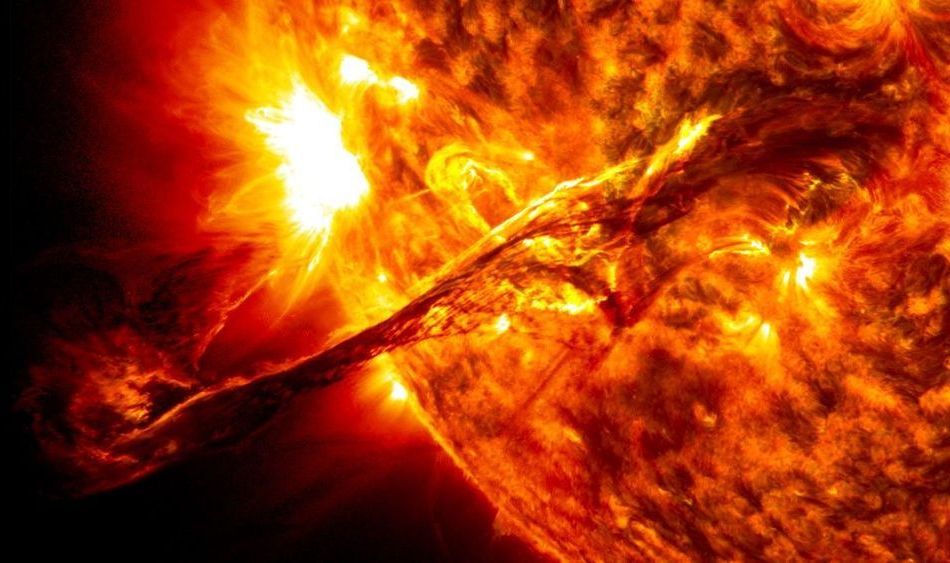Jul 1, 2020
Age research: A low level of the stress hormone cortisol contributes to the ageing process
Posted by Kevin Huang in categories: biotech/medical, life extension
Why do we age? What exactly is happening in our bodies? And can we do anything about it? Mankind has sought answers to these questions since time immemorial. While the pharmaceutical scientists Alexandra K. Kiemer and Jessica Hoppstädter from Saarland University are not claiming to have solved this ancient problem, they have uncovered processes within our immune system that contribute to aging. Kiemer and Hoppstädter have shown that low levels of the hormone cortisol and the protein known as GILZ can trigger chronic inflammatory responses in the body. The results have been published in the journal Aging Cell.
The phenomenon of human aging is the result of a complex interaction between numerous factors, with our own immune system playing a critical role. As we get older, our body’s own defense mechanisms age, too. The adaptive or specific immune system that each of us acquires over the course of our lives and that protects us from the pathogens that we came into contact with gradually deteriorates as we age. In contrast, however, our innate or non-specific immune system, which is the first line of defense towards a wide variety of pathogens, becomes overactive. The result is chronic inflammation.
A persistent state of inflammation can cause serious damage to our bodies. One consequence is that chronic inflammatory diseases, such as atherosclerosis or arthritis, are far more prevalent in older patients. “This has been well-known for a long time. In fact, the scientific community refers to this phenomenon as ‘inflamm-aging’—a portmanteau word that combines the two inseparably linked processes of inflammation and aging,” explains Alexandra K. Kiemer, Professor of Pharmaceutical Biology at Saarland University.


















